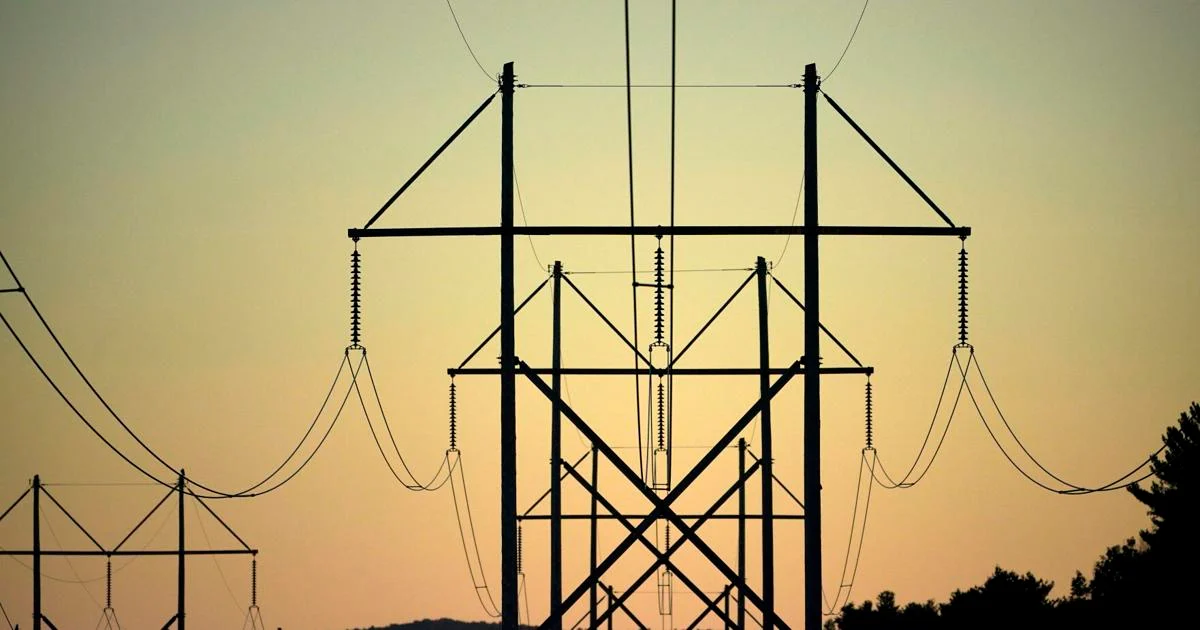
As South Carolina continues to experience record economic growth, one theme continues to stand out: the need to prioritize power availability and affordability. As new technologies emerge, energy policy and infrastructure modernization must be treated as a top priority for any state that wants to stay economically competitive. Innovation may open new doors, but it is steady, affordable power that keeps them open. And in South Carolina, we know energy policy isn’t abstract — it’s a matter of fiscal responsibility and economic strength.
We’re already seeing this play out in real time as the Palmetto State’s manufacturing industries continue to grow. BMW and Scout Motors have committed more than $3.7 billion to expand electric vehicle production in South Carolina, creating thousands of jobs, drawing new suppliers and preparing workers for the future of advanced manufacturing. We are already seeing that momentum, with more than 2,500 electric vehicles sold in the first three months of 2025. If that growth continues, EVs could generate more than $24 billion in net economic benefits for our state by mid-century.
At the same time, other manufacturers of all sizes and across the state are modernizing their operations with artificial intelligence and cloud computing, relying on the growing network of data centers to optimize supply chains and enhance quality control. These commitments are important to the future of our state, because through these new industries come infrastructure upgrades that strengthen our competitiveness and help deliver more affordable energy to families and businesses in South Carolina.
Electricity demand is climbing fast. Analysts project that by 2050, Americans will be using 50 percent more power than we do today, a surge fueled by evolving industries and growing communities. These shifts bring tremendous promise, as new industries, like technology, are fueling community growth and driving upgrades to our power grid that can deliver more reliable and affordable energy. With modern policies and smart investments, we can ensure families and small businesses benefit from this progress, not bear the burden of higher costs.
Unlike other states, South Carolina is already on its way to making this a reality. We rank third in the nation in nuclear generation, which provides more than half of our electricity. While natural gas supplies nearly a quarter, renewables, including solar, hydro and biomass, are expanding steadily. That mix provides us with dependable power, but to stay competitive, we must scale and modernize to meet the growing demands of our economy and the rapid pace of new technology. That modernization is what will allow South Carolina to keep industries expanding, families working and communities growing. We must look to build the kind of infrastructure that supports opportunity, rather than one that holds it back.
South Carolina doesn’t have to choose between growth and affordability; we can have both. That’s why we must make smart investments into modern infrastructure so we can power the next generation of industries without leaving families or small businesses behind. That’s not just good energy policy; it’s the foundation of a stronger, more competitive South Carolina.
Gil Gatch represents S.C. House District 94, which includes parts of Dorchester and Charleston counties. He is the first vice chairman of the Labor Commerce and Industry Committee.



